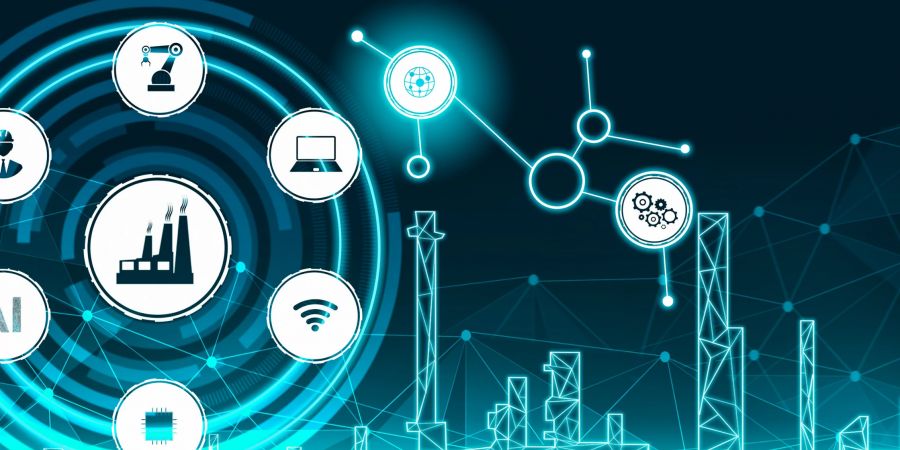

1. Artificial Intelligence (AI):
AI continues to advance in various fields, including natural language processing, computer vision, and machine learning. AI is being used in autonomous vehicles, virtual assistants, recommendation systems, and many other applications.
The rollout of 5G networks was underway in 2021, promising faster data speeds, lower latency, and increased capacity compared to 4G. 5G networks enable advancements in fields like IoT, smart cities, and autonomous vehicles.
IoT devices were becoming increasingly prevalent, connecting various physical objects to the internet and enabling data exchange. IoT applications include smart homes, wearable devices, industrial automation, and environmental monitoring.
Quantum computing research and development continued to progress. While still in its early stages, quantum computers have the potential to solve complex problems that are currently infeasible for classical computers.
Blockchain technology gained popularity beyond cryptocurrencies. It found applications in various industries such as supply chain management, finance, healthcare, and decentralized applications (DApps).
AR and VR technologies were being used in gaming, entertainment, education, and training. Advances in hardware and software allowed for more immersive and realistic experiences.
The adoption of renewable energy sources like solar and wind power continued to increase as the world focused on reducing carbon emissions and combating climate change. Energy storage solutions, such as batteries, also saw advancements.
Significant advancements were made in areas such as gene editing (e.g., CRISPR), personalized medicine, and biopharmaceuticals. These developments held the potential for improved healthcare outcomes and targeted treatments.
With the increasing prevalence of cyber threats, the focus on cybersecurity remains crucial. New technologies and strategies are being developed to strengthen network security, protect sensitive data, and detect and respond to cyber attacks more effectively.
Edge computing involves processing data closer to the source or device, reducing latency and enhancing real-time processing capabilities. This technology enables faster data analysis, improved efficiency, and reduced reliance on cloud infrastructure.
Blockchain technology continues to evolve beyond cryptocurrencies. It finds applications in supply chain management, digital identity verification, decentralized finance, and more. Scalability and interoperability solutions are being explored to overcome existing limitations.
The COVID-19 pandemic has accelerated the adoption of contactless technologies in hotels. This includes touchless check-in and check-out processes, mobile room keys, and digital payment options to.
